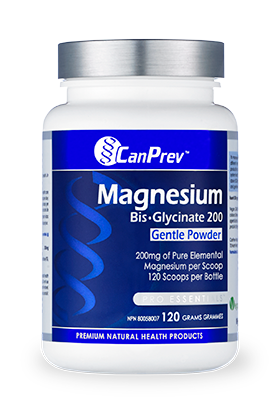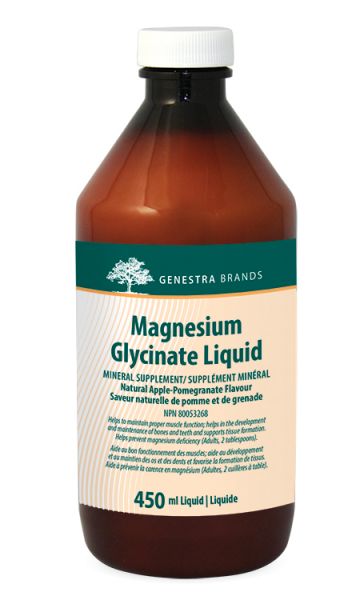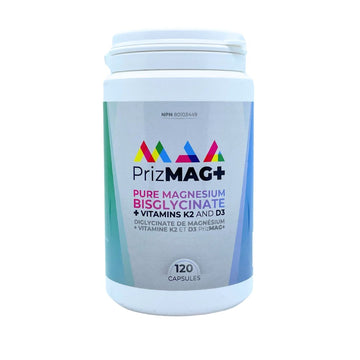Best vitamins & supplements for Sleep apnea
(170)
Sleep apnea is a common condition that causes disruptions in breathing during sleep. It can lead to a variety of symptoms, including loud snoring, daytime fatigue, and difficulty concentrating.
There are several supplements that may be helpful in managing sleep apnea, including:
Melatonin: This hormone is produced by the pineal gland and helps regulate the sleep-wake cycle. Taking melatonin supplements may be helpful in improving sleep quality.
Magnesium: This mineral is important for maintaining healthy sleep patterns and may be helpful in reducing the severity of sleep apnea.
Valerian root: This herb is believed to have sleep-inducing effects and may be helpful in improving sleep quality.
L-theanine: This amino acid is found in tea and is believed to have relaxation-inducing effects. It may be helpful in improving sleep quality.
It's important to note that while these supplements may be helpful in managing sleep apnea, they are not a substitute for proper medical treatment. If you are experiencing persistent or severe sleep apnea, it's important to speak with a healthcare provider for proper diagnosis and treatment. They can help determine the underlying cause of the problem and recommend appropriate treatment options, which may include lifestyle changes, such as losing weight or quitting smoking, or the use of a continuous positive airway pressure (CPAP) machine.
There are several supplements that may be helpful in managing sleep apnea, including:
Melatonin: This hormone is produced by the pineal gland and helps regulate the sleep-wake cycle. Taking melatonin supplements may be helpful in improving sleep quality.
Magnesium: This mineral is important for maintaining healthy sleep patterns and may be helpful in reducing the severity of sleep apnea.
Valerian root: This herb is believed to have sleep-inducing effects and may be helpful in improving sleep quality.
L-theanine: This amino acid is found in tea and is believed to have relaxation-inducing effects. It may be helpful in improving sleep quality.
It's important to note that while these supplements may be helpful in managing sleep apnea, they are not a substitute for proper medical treatment. If you are experiencing persistent or severe sleep apnea, it's important to speak with a healthcare provider for proper diagnosis and treatment. They can help determine the underlying cause of the problem and recommend appropriate treatment options, which may include lifestyle changes, such as losing weight or quitting smoking, or the use of a continuous positive airway pressure (CPAP) machine.






























